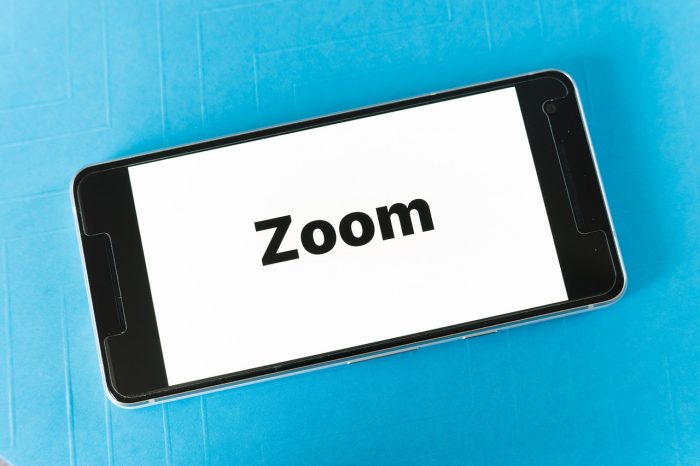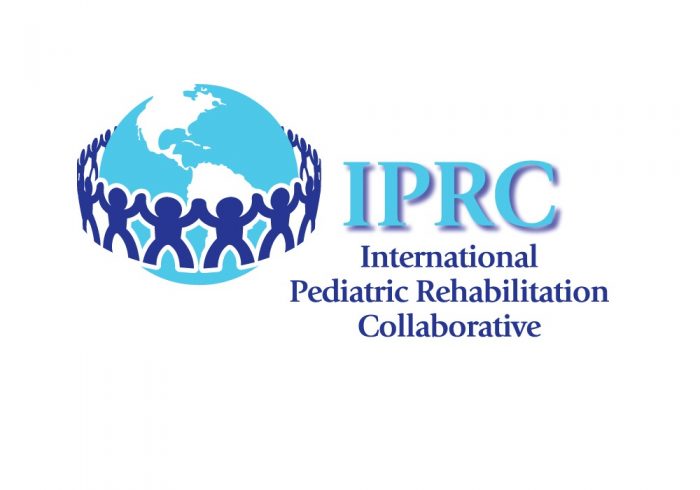My Body, My Choice: Recognizing and Respecting the Body Autonomy of People With IDD
Thursday, December 5, 2024
2:00 pm ET
Register Here
People with intellectual and developmental disabilities (IDD) have the right to lead healthy, fulfilling lives within their chosen communities. This includes expressing their sexuality safely and being able to access sexuality education on topics of choice.
Join Relias December 5 at 2:00 pm ET as they explore the importance of recognizing and respecting the body autonomy of people with IDD.
Learning objectives
- Explore the concepts of body autonomy, ways to support and respect the body, and the significance of supporting the rights of people with disabilities.
- Develop the skills to create and sustain safe spaces that empower individuals with IDD to openly discuss their bodies.
- Discover effective strategies to empower individuals with disabilities to advocate for their rights and establish personal boundaries.



















